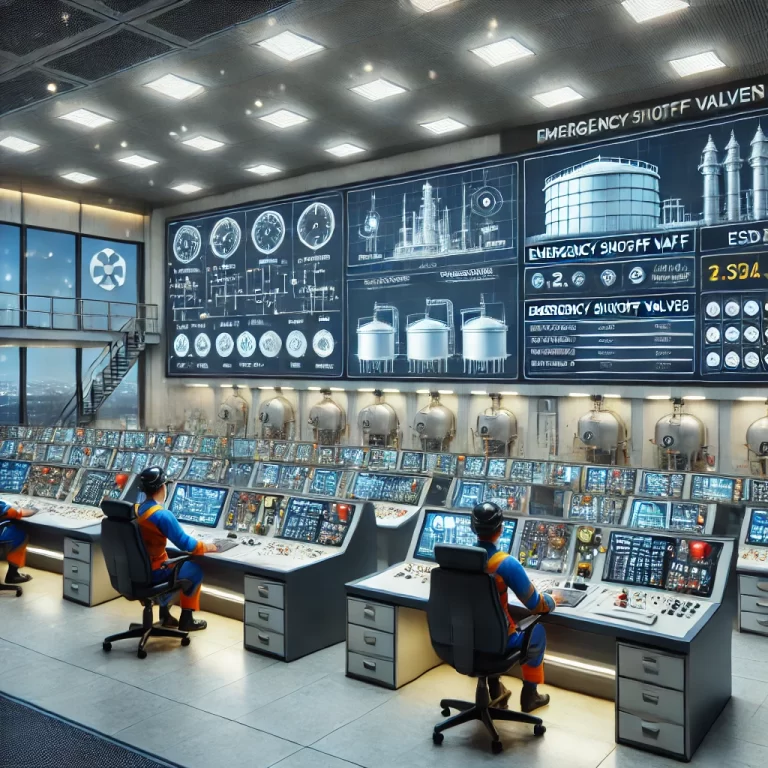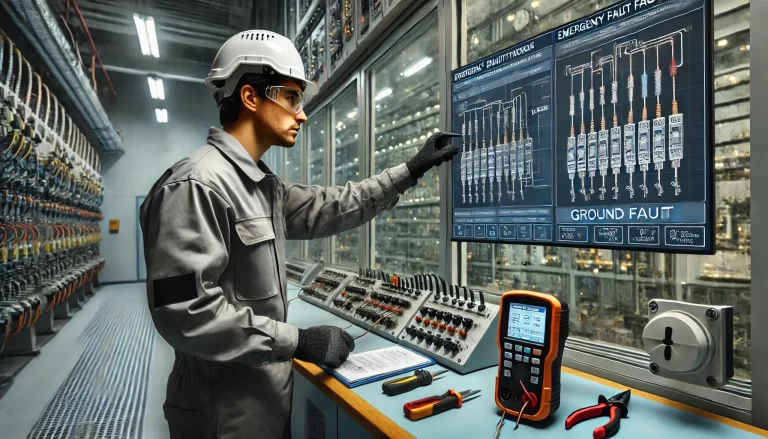In the world of industrial automation, instrumentation engineers play a central role. They are responsible for designing, maintaining, and optimizing measurement and control systems—ensuring the stable and efficient operation of complex industrial processes.
For many technicians and field personnel, becoming an instrumentation engineer is a long-term career goal. But what separates an instrumentation engineer from a general instrument technician? This article breaks down the key competencies of an instrumentation engineer into three core areas: technical skills, soft skills, and industry knowledge, and outlines common work scenarios and career development advice.

🔧 I. Technical Competencies
1. Instrumentation Knowledge
Mastery of the working principles, selection, installation, and calibration of common industrial instruments, including:
Temperature sensors (RTDs, thermocouples)
Pressure transmitters
Flow meters (electromagnetic, vortex, Coriolis)
Level sensors (radar, ultrasonic)
Analytical instruments (pH, conductivity, gas analyzers)
Familiarity with signal types and communication protocols:
4–20 mA, HART, Foundation Fieldbus, Profibus
Understanding of explosion-proof (Ex d, Ex e, Ex i) and IP (Ingress Protection) ratings.
2. Automation Control Systems
Proficient in configuration and programming of:
DCS (Distributed Control Systems)
PLCs (Programmable Logic Controllers)
SCADA systems (Supervisory Control and Data Acquisition)
Knowledge of PID control loops, interlocks, advanced control strategies, and loop tuning techniques.
3. Calibration and Maintenance
Skilled in instrument calibration using tools like Fluke multifunction calibrators.
Capable of performing preventive maintenance, fault diagnostics, and spare part management.
Familiar with maintenance standards such as ISO 9001 and ISA guidelines.
4. Electrical and Functional Safety
Able to read and interpret wiring diagrams, grounding systems, and loop drawings.
Understands intrinsically safe (IS) circuits and safety instrumented systems (SIS).
Knowledge of IEC 61508 / 61511 functional safety standards.
5. Engineering Software Tools
Proficient in:
CAD software (AutoCAD, EPLAN) for instrument layout and loop drawings
Instrument management systems (SAP PM)
Process simulation software (e.g., Aspen HYSYS)
PLC/DCS programming environments (e.g., Siemens TIA Portal, DeltaV, Yokogawa CENTUM)
6. Industrial Communication and Digitalization
Understanding of industrial networking:
Modbus, Profibus, Ethernet/IP, OPC UA
Awareness of modern technologies:
IIoT (Industrial Internet of Things)
Predictive maintenance
Wireless instruments (WirelessHART)
Digital Twin models

🤝 II. Soft Skills
1. Problem Solving
Quickly identifies and resolves issues such as signal drift, device failure, or communication interruptions.
2. Communication & Teamwork
Effectively collaborates with process engineers, electricians, maintenance staff, and operators. Communicates technical issues clearly.
3. Project Management
Participates in instrumentation project planning, cost estimation, and execution during plant upgrades or shutdowns (Turnarounds).
4. Documentation
Develops and maintains detailed documents:
Instrument specifications
Standard Operating Procedures (SOPs)
Maintenance manuals
Inspection and acceptance reports

🌐 III. Industry Knowledge
1. Standards and Regulations
Familiarity with international and industry-specific standards:
ISA, IEC, API (for oil & gas), ANSI/ISA-84 (functional safety)
Understanding of local regulations such as:
GB/T (China)
ATEX (Europe)
NEC/NFPA (North America)
2. Process Understanding
Basic knowledge of process operations in industries like:
Chemicals
Oil & Gas
Pharmaceuticals
Power generation
Ability to select instruments based on process needs (e.g., reactor temperature control, flow measurement in pipelines).
3. Emerging Technologies
Tracks advancements in:
Smart instruments
Cloud-based SCADA
Wireless sensors
Digital twins and AI-based diagnostics

🏗 IV. Typical Job Scenarios
| Stage | Typical Tasks |
|---|---|
| Design | Instrument selection based on P&ID, control loop design, IO list preparation |
| Commissioning | Loop checks, functional testing, DCS/PLC system integration |
| Maintenance | Troubleshooting faulty instruments, optimizing PID parameters |
| Safety & Compliance | SIL assessment participation, HAZOP studies, safety audits |

🎓 V. Learning and Career Growth Advice
1. Certification
Pursue internationally recognized certifications such as:
ISA CCST (Certified Control Systems Technician)
TÜV Functional Safety Engineer
Ex Certification (ATEX/IECEx)
2. Hands-On Practice
Gain field experience through internships or simulations.
Use emulators like Emerson DeltaV Simulate to build virtual control systems.
3. Continuous Learning
Follow organizations like ISA, NAMUR, and IEEE for the latest technical whitepapers.
Participate in webinars, technical forums, and vendor-specific training.

✅ Conclusion
An Instrumentation Engineer must possess both “hands-on capability” and “system-level thinking.” It’s not just about tightening a sensor bolt or running a cable—it’s about designing reliable, safe, and intelligent automation systems. It’s a career that demands technical depth, interdisciplinary knowledge, and lifelong learning.
